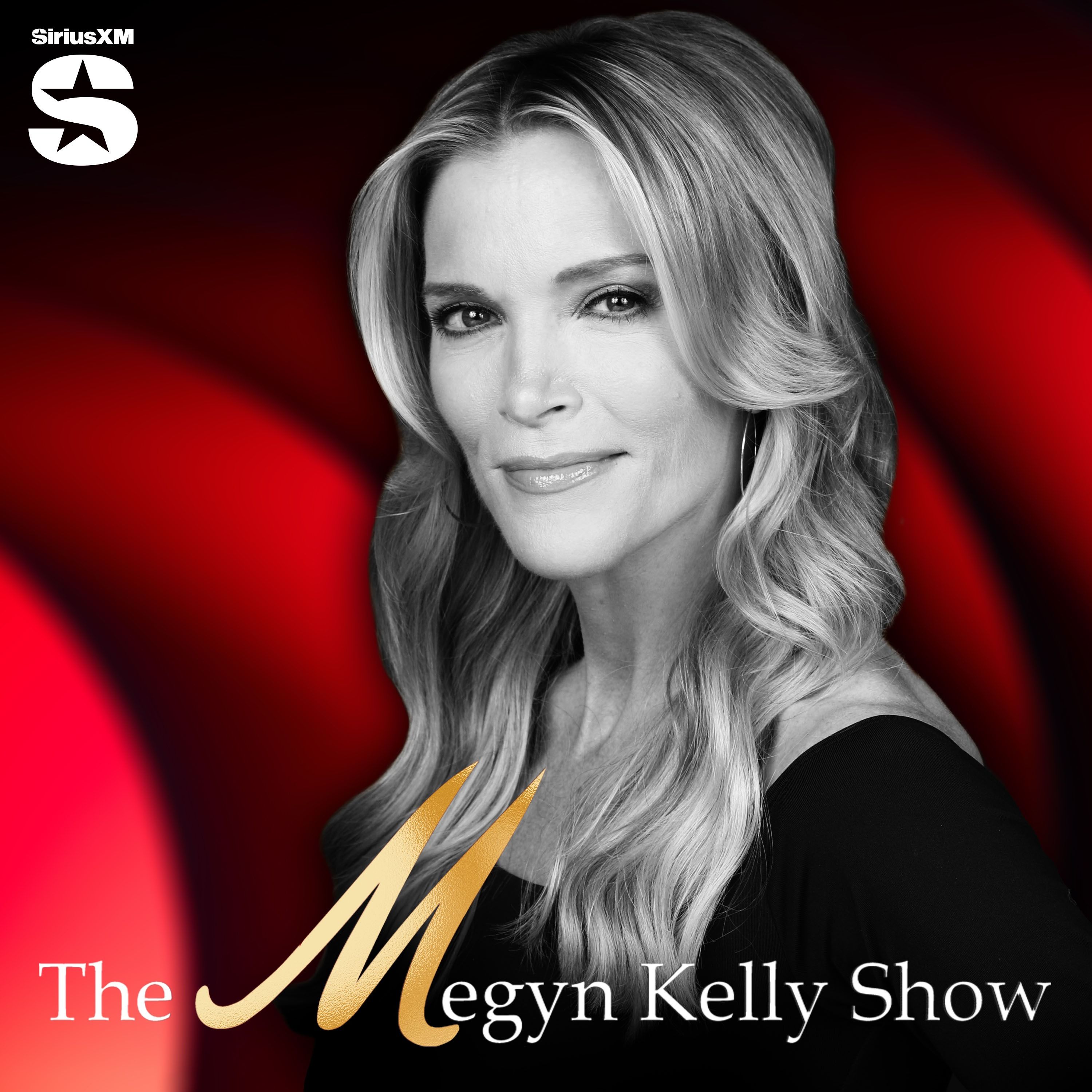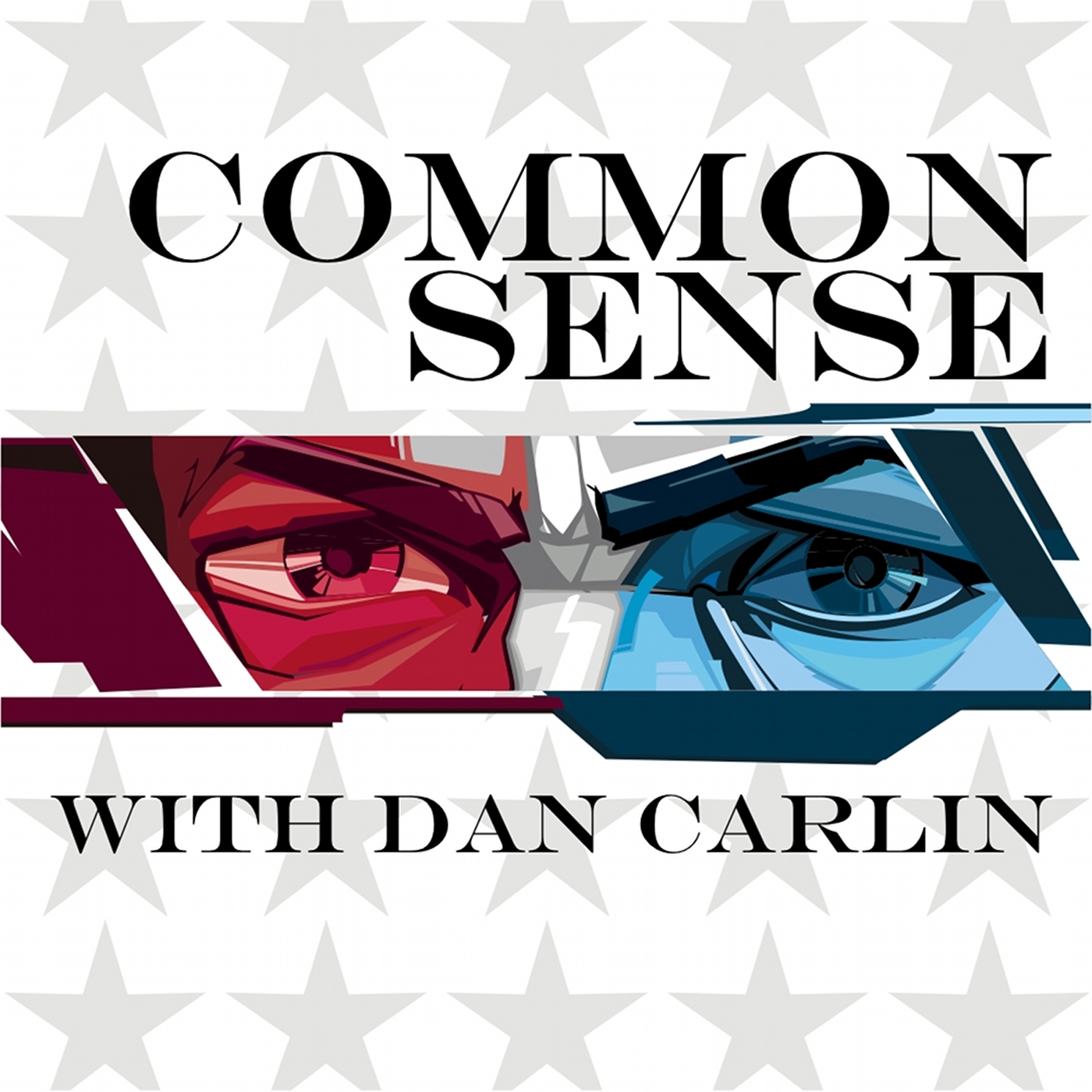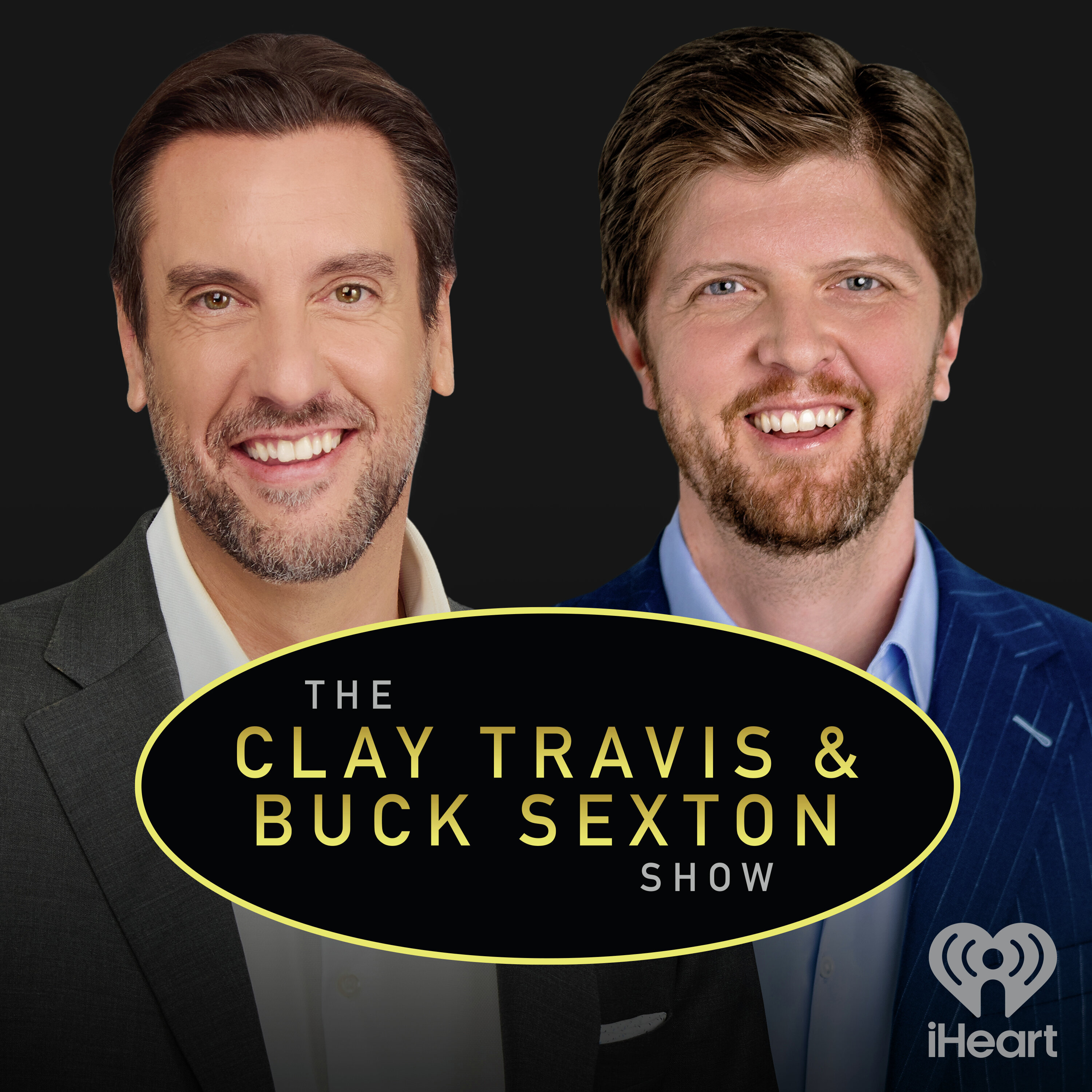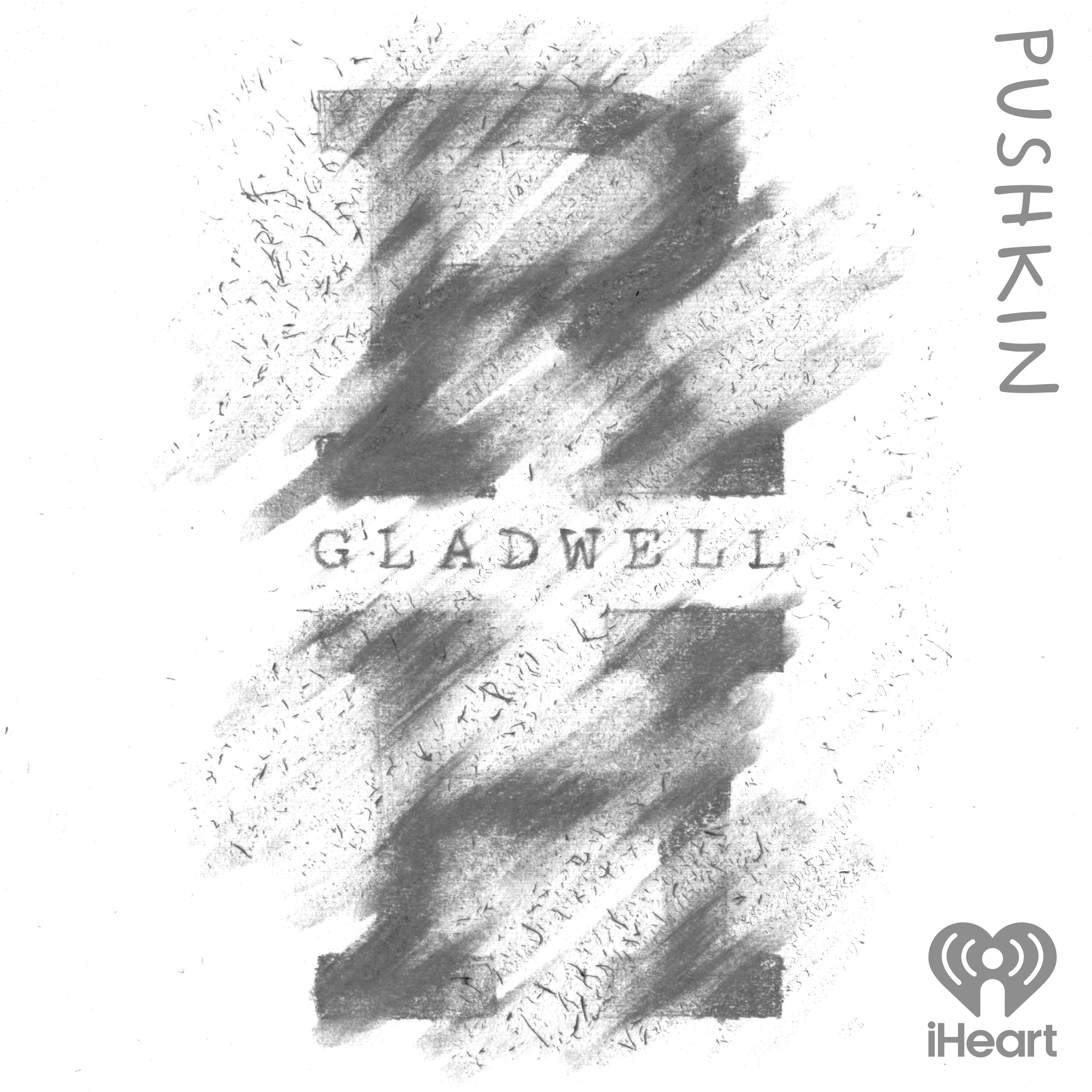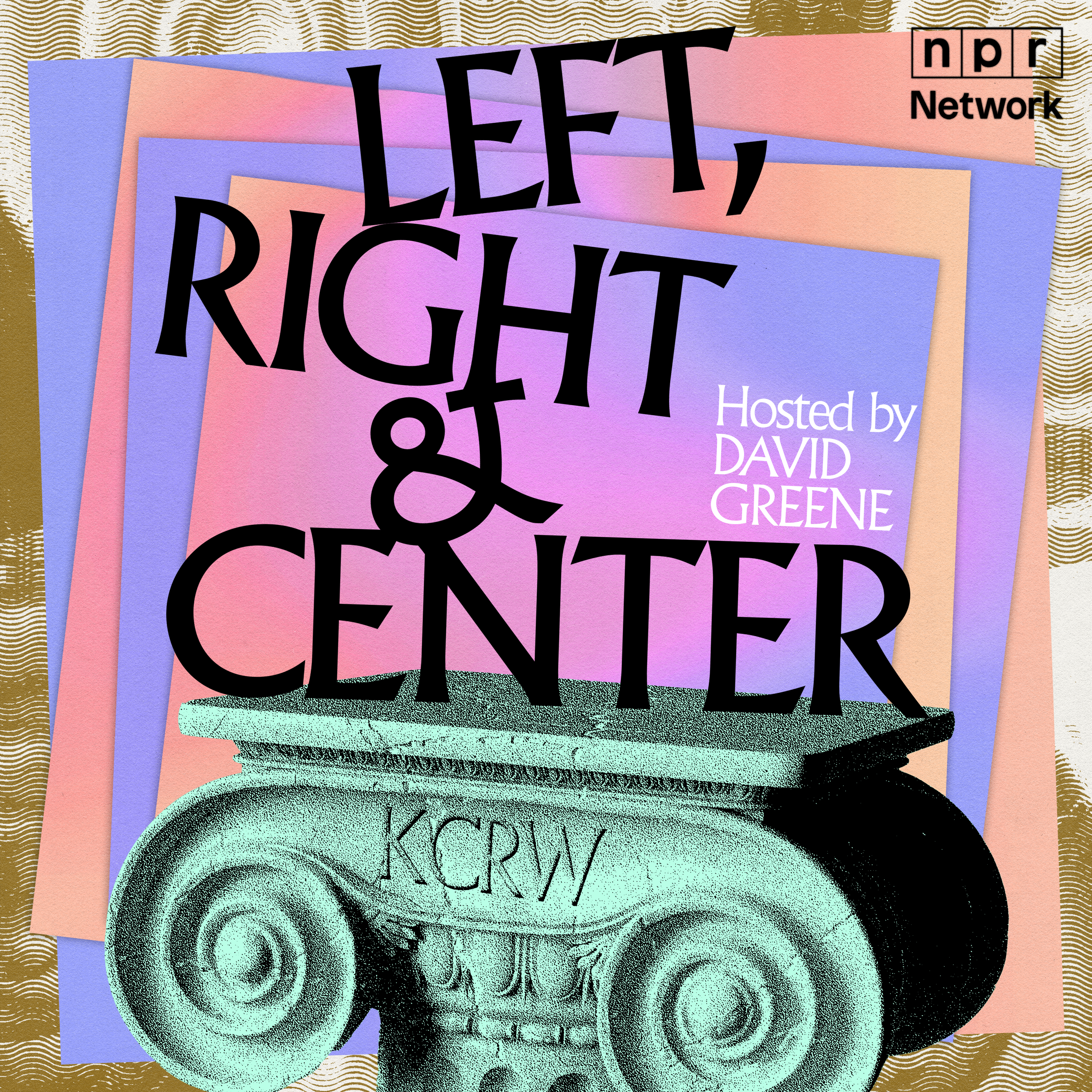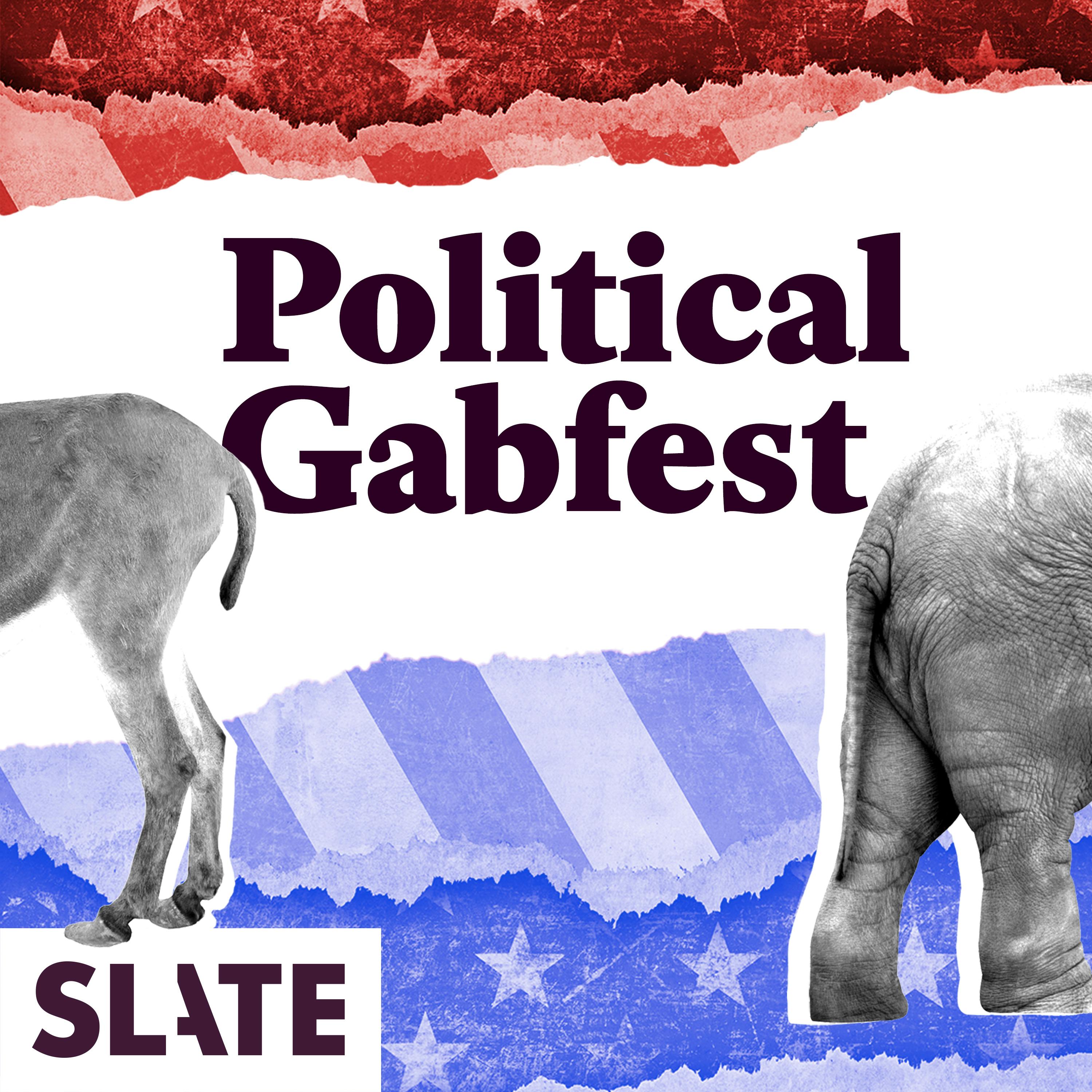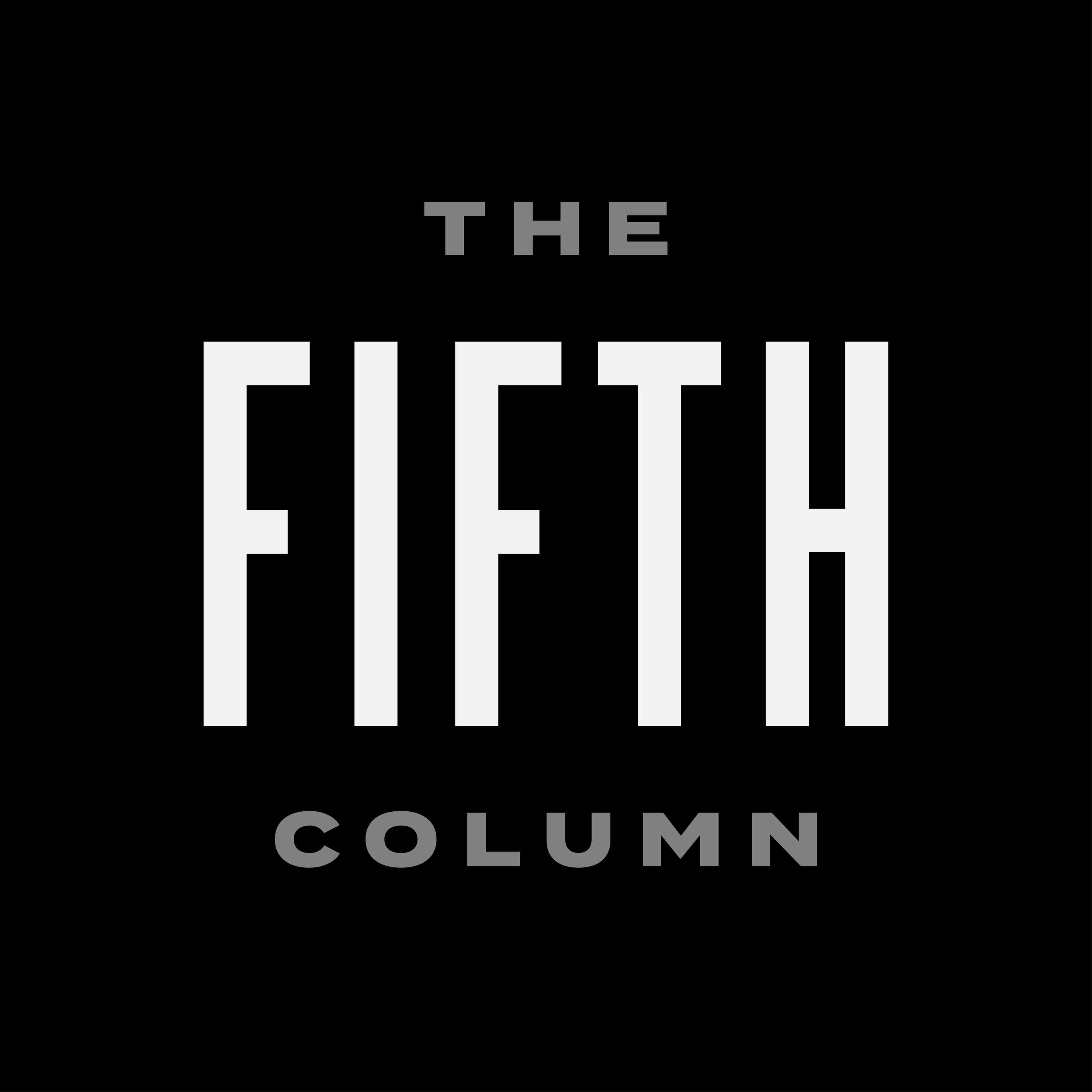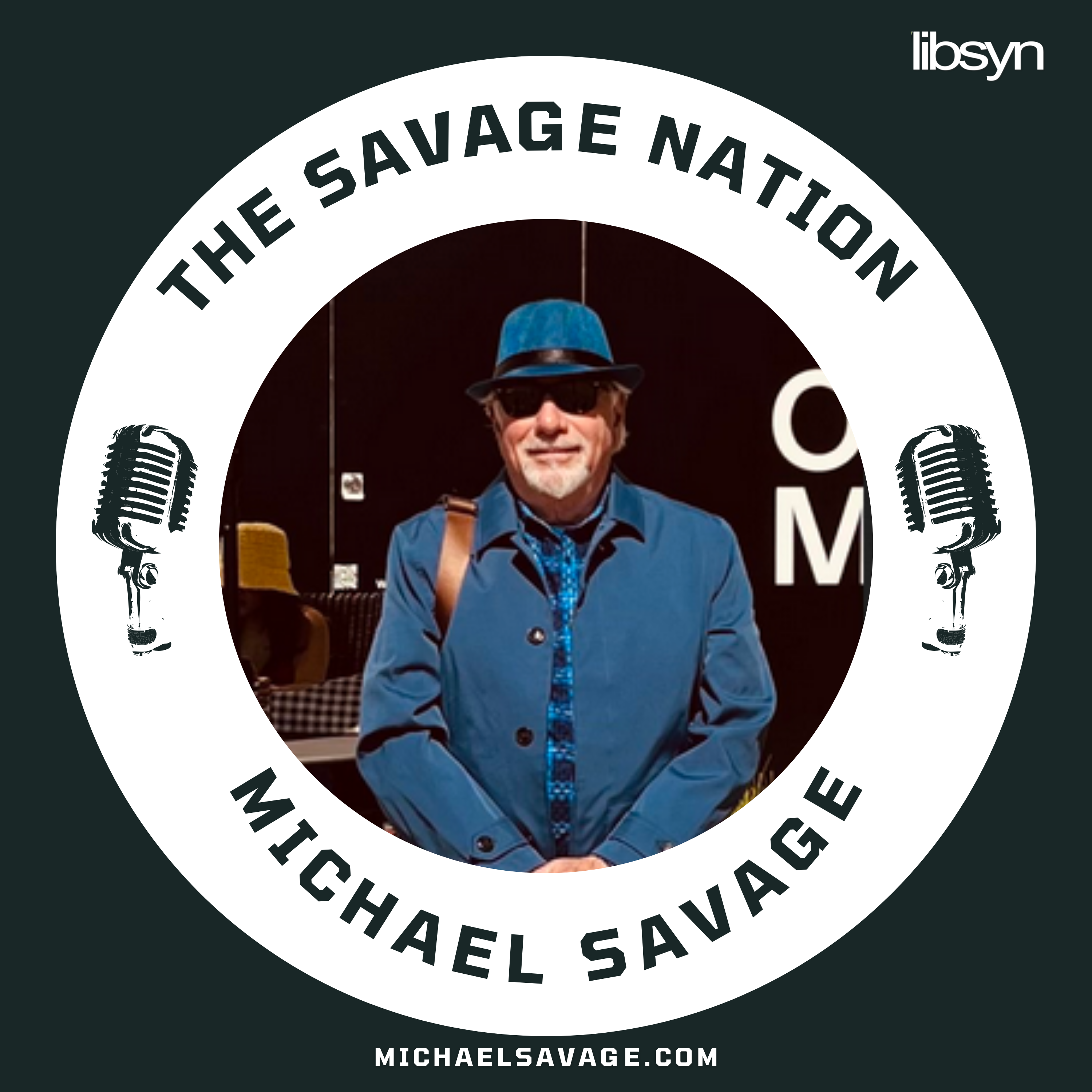
A Think First Podcast with Jim Detjen
Think First is a short-form podcast that makes you pause — before you scroll, share, or believe the headline.
Hosted by Jim Detjen, a guy who’s been gaslit enough to start a podcast about it, Think First dives into modern narratives, media manipulation, and cultural BS — all through the lens of gaslighting and poetic truth.
Some episodes are two minutes. Some are ten. It depends on the story — and the energy drink situation.
No rants. No lectures. Just sharp questions, quick insights, and the occasional laugh to keep things sane.
Whether you’re dodging spin in the news, politics, or that “trust me, bro” post in your feed… take a breath. Think first.
Visit Gaslight360.com/clarity to sharpen your BS filter and explore the 6-step clarity framework.
A Think First Podcast with Jim Detjen
#53 Beauty · Not Everyone Is. And That’s Okay.
Why does a beautiful woman in a jeans ad spark national outrage?
Why are babies better at recognizing beauty than most media outlets?
And why do we pretend everyone is equally beautiful… when we know it’s not true?
In this episode of Think First, we unravel the difference between biological reality and poetic truth — and why pretending beauty doesn’t exist might be the most dishonest thing we’ve done in the name of kindness.
Featuring research on symmetry, evolution, cultural gaslighting, and one suspiciously controversial American Eagle ad.
If beauty is in the eye of the beholder…
Why do all the beholders keep clicking on her?
Stay sharp. Stay skeptical. #SpotTheGaslight
Read and reflect at Gaslight360.com/clarity
This is Think First, where we don't follow the script. We question it Because, in a world full of poetic truths and professional gaslighting, someone's got to say the quiet part out loud. Why is a beautiful woman in a pair of jeans now a political event? Why does being attractive, too attractive, suddenly carry accusations of eugenics, white supremacy and gene-based oppression? And when did saying not everyone is beautiful become the same as saying not everyone deserves dignity? Is it possible that we've confused our deepest insecurities with our highest virtues? Are we denying natural truths in the name of social ones? And is the phrase everyone is beautiful actually a poetic lie that protects our feelings but undermines reality? Because here's the thing you don't have to believe in beauty, but babies do. Beauty, but babies do.
Speaker 1:Back in 2000, researchers at the University of Texas placed two photographs in front of newborn babies and measured which face they looked at longer, over and over. These babies, just hours old, stared longer at the same faces, not familiar faces, not same-race faces, just the attractive ones. They preferred symmetry, clear skin, wide eyes, balanced features, the kind of beauty you can't teach because you don't have to. It's baked in. We don't teach babies what to find beautiful. They teach us what beauty is which brings us to the great denim meltdown of 2025.
Speaker 1:Sydney Sweeney, a blonde, blue-eyed actress who looks like someone you'd cast as the pretty girl in a movie literally titled the Pretty Girl, appeared in a very effective ad campaign for American Eagle jeans. The campaign celebrated her jeans and her jeans Wordplay. Naturally, the left lost its mind. Critics called it eugenics, white supremacy, a coded celebration of Nazism. Because get this, she's attractive and white. One woman even said the ad was dripping with eugenics, which is awkward because the one group in America literally founded in the eugenics movement is Planned Parenthood. But sure, let's all scream into the void about attractive women in affordable denim.
Speaker 1:Now let's be clear. Beauty does have social consequences. Attractive people get better jobs, lighter sentences, more dates and nicer treatment. And yes, that can be unfair, but it doesn't mean the beauty itself isn't real. Nature is unfair. That doesn't make it wrong, it makes it honest. Symmetry, sexual demorphism, glowing skin, waist-to-hip ratios, facial harmony these aren't myths, they're mathematical and they're not socially constructed. They're biologically preferred. Try as we might, we haven't yet bullied human instinct into extinction, but we're working on it.
Speaker 1:The poetic truth we've now been fed is that everyone is beautiful. It sounds nice, but it's a trap, because if everyone is beautiful, then no one actually is. And if real beauty, natural, statistical, measurable, dares to show up in public, we now shame it. We say it's oppressive or exclusive or that it promotes impossible standards, even when it's the same face a baby would stare at longer than any other. Think about that. We're gaslighting the truth to protect a poetic one. Now here's the twist Even as we reject biological beauty in the name of inclusivity, we still worship it.
Speaker 1:We follow beautiful influencers, we buy products from beautiful people. We alter our faces, our angles, our filters just to get closer to it. We pretend it's superficial while spending billions to imitate it. And the deeper irony the more we over-edit beauty, airbrush it surgically, inflate it or push the gender blur to absurdity, the more we crave what's real. That's why the Sidney Sweeney ad hit, not because she's revolutionary, but because she's normal, beautiful and normal, like the girl next door who knows how to shoot a gun and hasn't overdone the Botox. It was a cultural reset and everyone felt it Because, deep down, we're not starved for perfection, we're starved for reality.
Speaker 1:We've hyper-stylized, hyper-surgeried, hyper-woked our way into cultural absurdity to the point where a normal-looking beautiful woman causes a national freakout, not because she said anything, but because she exists, and that, more than anything, reveals how deep the gaslight goes. We are told beauty doesn't matter, but our cliques say otherwise. We are told everyone is beautiful, but our clicks say otherwise. We are told everyone is beautiful, but our algorithms say otherwise. We are told only a bigot would prefer a cis woman to a trans one, but our biology says otherwise. And the more we deny what's natural, the more we start mistaking truth itself as violence, itself as violence.
Speaker 1:So here's the deal. You can believe beauty is subjective, you can believe attraction is fluid, but if you believe that everyone is beautiful in the exact same way, to the exact same degree, you don't believe in beauty at all. You believe in something else. You believe in fairness over fact, you believe in feelings over evidence and you believe in poetic truth and, like most poetry, it might rhyme, but it doesn't hold up under a microscope. So next time someone says beauty is in the eye of the beholder remember some beholders are babies and they've never read a DEI memo I'm Jim Detchen and you don't need all the answers, but you should question the ones you're handed before someone rebrands envy as equity, tirely. Until next time, stay skeptical, stay curious and always think first. If you want a deeper dive on how we got here, the brands, the backlash and the poetic truth that broke the ad world, go check out episode 49, borrowed Truth and Broken Brands. It's all part of the same swing, just from the other end of the rope.

